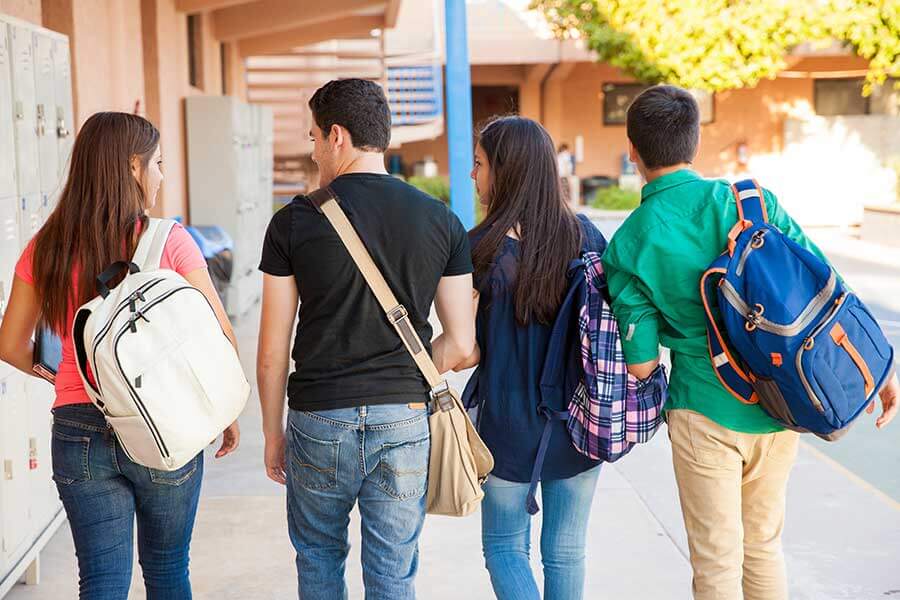Schools using discipline to deal with troubled teens are missing the opportunity to understand problem behaviour that must be identified before it can be fixed.
Psychologist Ross Greene says schools focus on disciplining teens when what they should do is identify lagging skills that keep troubled teens from behaving in the first place.
“We’re losing a lot of kids and a lot of teachers because we still view challenging kids the wrong way and handle them in ways that don’t address their true difficulties. It’s an exercise in frustration for everyone involved and it’s time to get off the treadmill.”
Green, author of Lost at School: Why Our Kids With Behavioral Challenges Are Falling Through the Cracks and How We Can Help Them, says school discipline isn’t working for the kids who are doing well and isn’t needed for the kids who are.
“The reality is that well-behaved students aren’t behaving themselves because of the school discipline program. They’ve behaving themselves because they have the skills to handle life’s challenges in an adaptive way.”
Greene believes kids do well if they can and says those that don’t do well lack important thinking skills that come naturally to other teens. He says challenging kids know how you want them to behave; they just don’t know how to.
“In other words, these kids have a development delay, a learning disability of sorts…in the same way that kids who are delayed in reading are having difficulty mastering the skills required for becoming proficient in reading, challenging kids are having difficulty mastering the skills required for becoming proficient in handling life’s social, emotional, and behavioural challenges.”
Greene recommends educators and parents use the Analysis of Lagging Skills and Unsolved Problems (ALSUP) assessment, available online at www.lostatschool.org to identify what thinking skills a student lacks.
Skills often lagging – but ones that can be taught and practiced – include difficulty:
- Shifting from one task or mindset to another
- Persisting during challenging or tedious tasks
- Doing things in a logical order
- Maintaining focus
- Considering the likely outcome of an action
- Considering a range of solutions to a problem (rather than just one)
- Managing emotional responses to frustration
- Deviating from rules and routine
- Dealing with unpredictability or uncertainty
- Appreciating how he/she is being perceived by others
- Empathizing with others
- Seeking attention in appropriate ways
“Once you have a decent handle on a kid’s lagging skills and unsolved problems you’ve taken a major step in the right direction because the kid’s challenging episodes are now highly predictable, which is good news if you’re a teacher and have a class full of 25 other students,” Green says.”It’s also good news if you’re a parent who wants to play an active role in making sure things go better for your child at school.”
Additional information on Greene’s approach is available online at www.lostatschool.org and at www.livesinthebalance.org.







